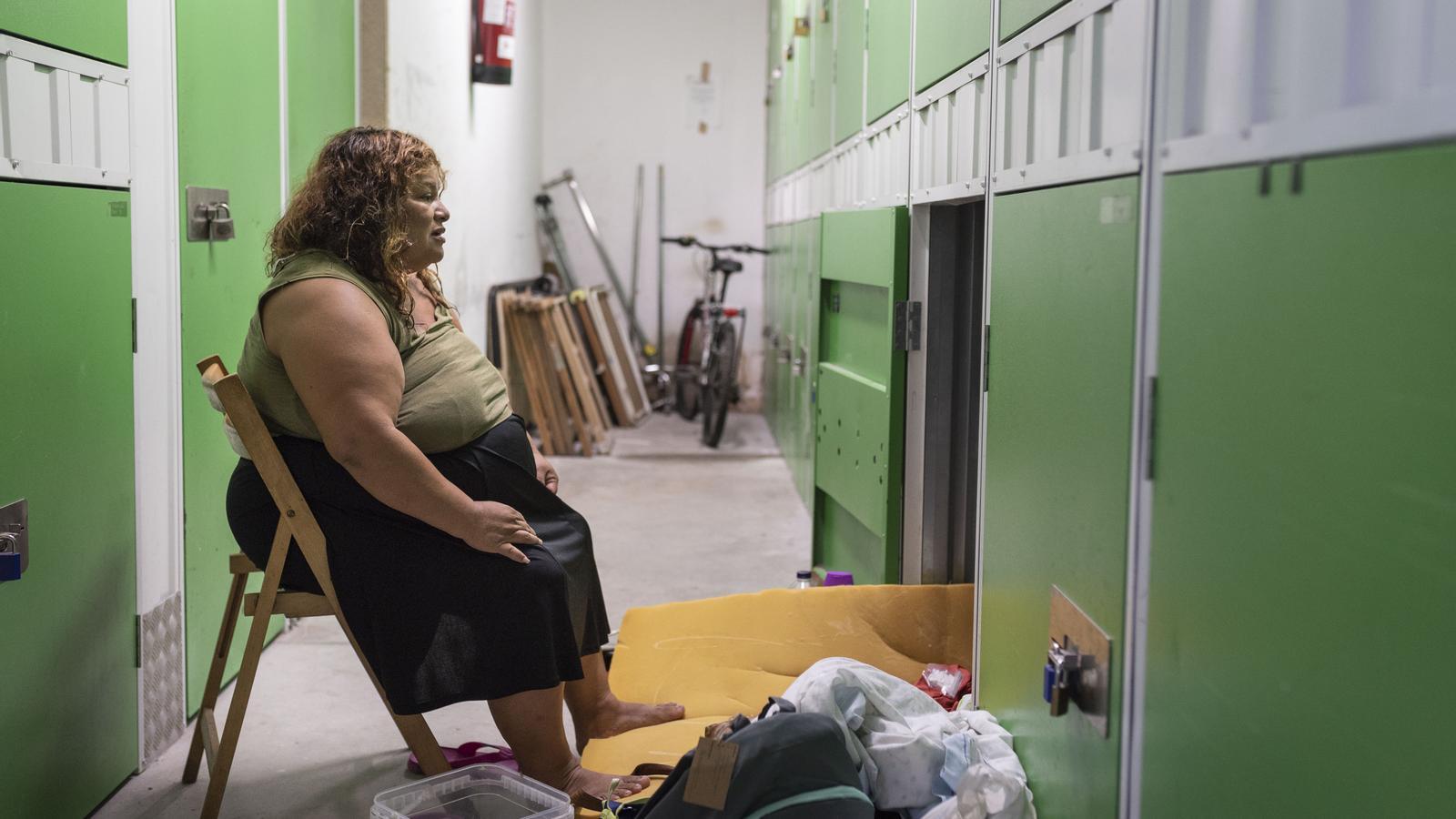The hidden drama of female homelessness


BarcelonaThe number of women living on the street is significantly lower than that of men, and this means that their drama often goes unnoticed and their poverty is made invisible. It is estimated that out of the thousand people who sleep on the streets every day in Barcelona, around 80 are women. The reason, according to the researchers, is that the street is always the last resort for women because they know that it is a particularly hostile and difficult space. It is common, for instance, for them to have to deal with cases of violence or sexual abuse. Life on the street is not easy for anyone, but even less so for women. That is why, before getting to that point, they prefer other ways of living that can be equally or more difficult, such as sharing substandard housing with many more people or living in shantytowns. Some of these women also have dependent children who suffer from the stigma of homelessness. Can anyone imagine what goes through the mind of a woman who cannot provide a home for her own child?
Still, in such extreme and adverse conditions, many women manage to get out of their situation and their stories are inspiring. This Sunday we publish a special dossier on female homelessness - in Catalan and Spanish - by journalist Clàudia Frontino, which has been awarded the Montserrat Roig prize for investigative journalism by the Barcelona City Council. In addition to explaining the general framework of this type of invisible poverty, we explain the stories of eight women who have lived through the hell of having to look for a sheltered place to sleep every night. They are Carmen, Jimena, Nora, Anna Maria, Beatriz, Daybelin, Julia and Juana. Each one of them has gone through a different experience, but they are all united by the thread of resilience, the desire to get out of the pit so that they never have to fall into it again. Thanks to all of them, we know the plight of women who work as interns and have nowhere to go during the day or on their days off. For these women, work and housing go hand in hand, and the fear of losing their jobs is always with them. Also for women with children who live in the settlements or in abandoned warehouses and who know that their children never tell their friends and classmates where they live so as not to be ashamed.
It is clear that there are entities such as Fundació Arrels or social services that try to act as a network, but they do not reach everywhere. Many of these women are in very precarious situations, and exposed to being tricked, swindled or abused. We need to work much more proactively to reach out to them in order to offer them an adequate solution to their case. Within homelessness as a whole, women and their children are the weakest link, the most exposed. Fortunately, there are more and more resources to study these phenomena, as well as researchers such as Albert Sales, an expert in residential exclusion at the Institute of Regional and Metropolitan Studies in Barcelona. The conclusion, however, is always the same: there can be no decent life without a decent home.
